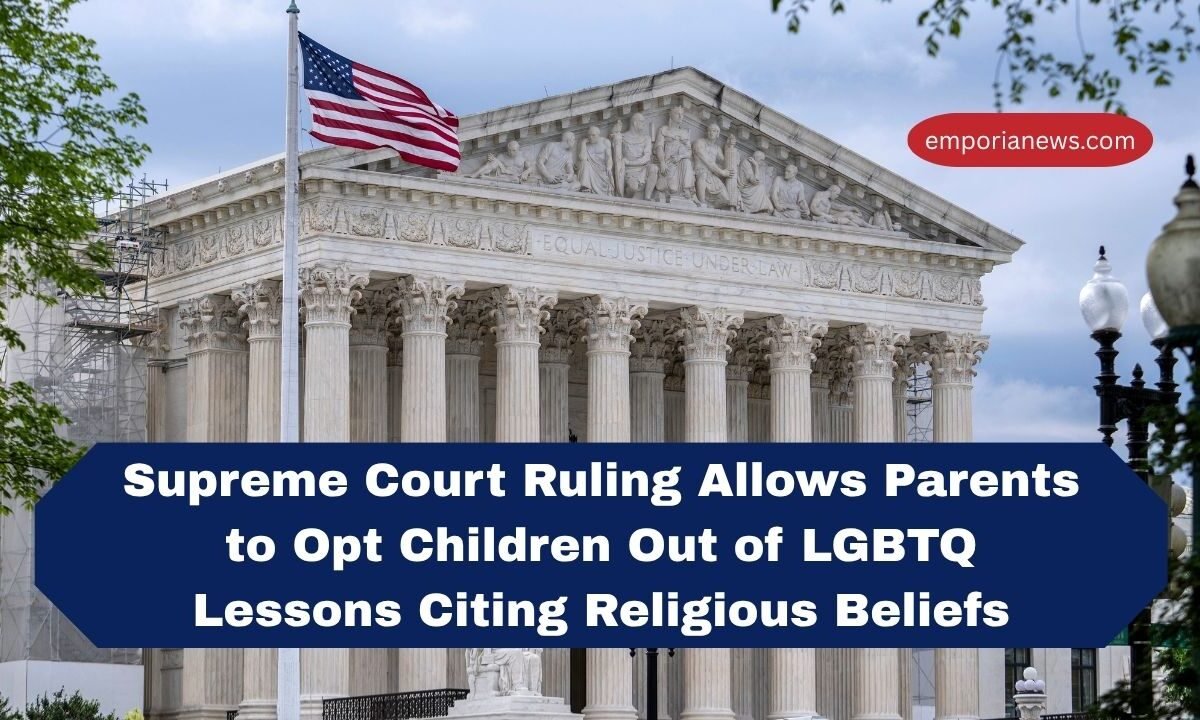In a landmark 6-3 ruling issued Friday, the U.S. Supreme Court affirmed that parents have the right to remove their children from school lessons that conflict with their religious convictions.
The decision, backed by the court’s conservative majority, marks a significant shift in how public education must address parental rights and sensitive topics.
Justice Samuel Alito, writing for the majority, emphasized that the decision affirms the right of parents to opt their children out of lessons involving LGBTQ themes, citing it as an extension of religious freedom protections.
Books at the Center of the Dispute
The case was sparked by objections to children’s books such as Pride Puppy and Born Ready: The True Story of a Boy Named Penelope, which feature LGBTQ characters and narratives.
Some parents argued that exposure to such materials in public classrooms contradicts their religious values.
Todd Blanche, Deputy Attorney General and Acting Librarian of Congress, celebrated the ruling:
“This decision empowers families to reject dangerous trans ideology and make choices they believe are best for their children.”
Pushback from LGBTQ Advocates and Educators
Not everyone supports the decision. Rachel Cornwall, a Montgomery County parent and faith leader whose child is transgender, expressed disappointment.
“I want my children to understand the real world and develop empathy through exposure to diverse stories,” Cornwall said. “We don’t always agree with what’s taught, but we use it as a starting point for important discussions.”
Critics argue that the ruling could lead to excessive curriculum censorship, as parents could now challenge any content they find objectionable, potentially placing undue pressure on teachers and school administrators.
Dissent from Liberal Justices
The court’s three liberal justices dissented, voicing concerns that the ruling may open the door to broader limitations on inclusive education.
They warned it may undercut efforts to foster tolerance and understanding in public schools by creating a precedent for widespread curriculum exemptions.
The Supreme Court’s decision has sparked a national conversation about the balance between religious freedom and inclusive education.
While hailed as a victory for parental rights, the ruling also raises serious concerns about the potential for increased censorship in public schools.
As educators navigate this new legal landscape, the tension between academic freedom and religious expression is likely to intensify.




